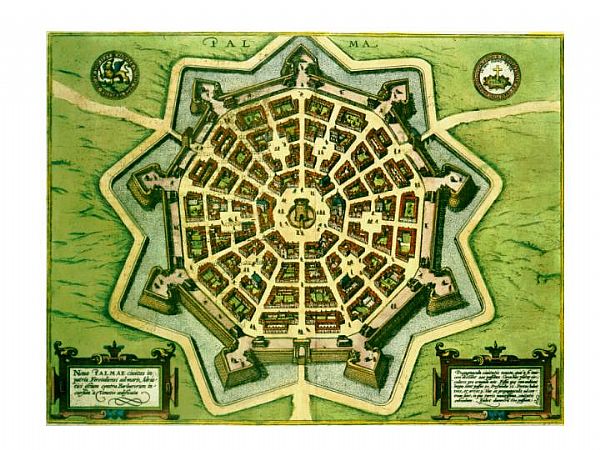|
|
LITR 5439 Genre, Movement, Style Literary & Historical Utopias Summer 2011 Homepage & Syllabus undergrad course summer 2013: |
|
 |
 |
 |
| Summer 2011 *1st 5-wks session * M-T-Th 3-6pm * Location? |
|
Model Assignments |
Research | Readings | Prof. White's homepage |
URL: http://coursesite.uhcl.edu/HSH/Whitec/LITR/5439utopia
Instructor: Craig White Office:
Bayou 2529-8 Phone: 281 283
3380. Email:
whitec@uhcl.edu
Office Hours:
Mondays & Thursdays, 12-1, 6-6:30, and by appointment
Course texts
Thomas More, Utopia (1516)
Edward Bellamy, Looking Backward (1888)
Charlotte Perkins Gilman, Herland (1915)
Ayn Rand, Anthem (1938)
Genesis, Revelation, & Book of Acts (BCE > 1st century AD/CE)
Plato's Republic & Golden Age myths
selections from other classical, multicultural, & postmodern texts
Ernest Callenbach, Ecotopia (1975)
Margaret Atwood, Oryx and Crake (2004)





















Student Assignments
Midterm 23 June (in-class or email) (app. 30-40%)
Research Postings (2 installments + review in final exam) (20-30%)
Final Exam 7 July (30-40%)
Transmitting your passages electronically:
Seminar leadership, participation, attendance, etc.
Informal presentations:
reinstate student highlights
Terms & Objectives
Terms: “Utopia” has historical and literary meaning:
historical utopia = an experimental community intended to reform or escape from normal human society, often by substituting planning, cooperation, or collective values and practices in place of laissez-faire, competition, and individualism; a.k.a. "intentional community"
or
literary utopia = a novel or fiction representing life and characters in such a community
“Utopia” comes from Thomas More’s Utopia (1516). More coined the word from Greek parts, either
ou (no) + topos (place, as in “topography”) to mean “no place”
or
eu (good, as in “euphoria”) + topos (place) to mean “good place”
Variations: Dystopia = a society opposite from a utopia, or a utopia that’s gone dysfunctional. (“Any utopia is someone else's dystopia.”)
Ecotopia = Ecological Utopia, a
community whose collective social health imitates nature’s
interconnectivity
--from our final text, Ecotopia, 1975 novel by Ernest Callenbach.
Millennium or apocalypse is often associated with utopian narratives, as when the Book of Revelation ends in heaven.
List of Utopian Communities and Texts
Counter-Utopian (or anti-utopian) Tradition
Standard features of utopian / dystopian literature
Objectives
Objective 1. the Utopian Genre
1a. How to define the literary genre of “utopias?” What are this genre's standard conventions or features? What attractions and detractions? What audiences are attracted or put off?
1b. What genres
join with or branch from utopia? Examples: dystopia,
ecotopia, Socratic dialogue,
science
fiction,
fantasy, novel /
romance, adventure / travel narrative, journalism, tract,
propaganda, satire. Others?
1c. Can utopias join science fiction, speculative fiction, and allied genres in a “literature of ideas?”
1d. To identify the utopian author both within and beyond traditional literary categories—e.g., as activist, agitator, reformer, prophet / visionary?
1e. Utopian Rhetoric and Poetics: How does Utopian Fiction rebalance literature's classical purpose to entertain and educate?
Objective 2. Utopian Narratives
2a. What action rises from or fits the description of an ideal or dystopian community?—e. g., journey, dialogue, exploration, learning, liberation, conversion?
2b. What problems rise from a utopian story that minimizes conflict and maximizes equality and harmony? What genre variations derive from these problems with plot?
2c. What tensions between the author’s description of a social theory and the reader’s and author's need for a story?
2d. How essential is “millennialism” (apocalyptic or end-time event) to the utopian narrative?
[New Objective 3? How interdependent are utopia and dystopia? (e.g., “Anyone's utopia is someone else's dystopia.”)
Methodological options: dialectic; structural and post-structural linguistics (semiotics);
Historical & fictional narrative (dystopian experience stimulates utopian thought, or vice versa); causation]
Objective 3. Historical / Cultural Objectives
Obj. 3 To get over the routine dismissal of utopias--"they don't work," “never happened,” or “castles in the sky”--and instead to regard utopias as literary and historical experiments essential to Western Civilization and education.
3a.To investigate historical, nonfiction attempts by “communes,” “intentional communities,” nations, or cults to institutionalize or practice utopian ideals.
3b.Are utopian impulses limited to socialism and communism, or may freemarket capitalism also express itself in utopian terms and visions? Is utopia “progressive / liberal” or “reactionary / conservative?” What relations between “self and other” are modeled?
3c. In postmodern history, is the utopian impulse extinct? Can utopian ideals survive the postmodern universal of irony?
3d. What relations are there between fictional and actual utopian communities? What has been the historical impact of utopian fictions?
3e. Do utopian forms mirror and confirm social norms or oppose them?
3f. How seriously to evaluate gender roles and standards of sexual and love relationships in utopian communities? How do these differ from or resemble traditional norms? How essential are such changes to their intended transformation of society?
-
What changes result in child-rearing, feeding, marriage, aging, sexuality, etc.?
3g. What social structures, units, or identities does utopia expose or frustrate?
-
Social units or structures: person/individual/self, gender, sex, family [nuclear or extended], community, village/town/city, class, ethnicity, farm, region, tribe, clan, union, nation, ecosystem, planet, etc.
-
How may utopian studies shift the usual American arguments over race, sex, faith, and gender to cultural and socio-economic class?
3h. What is utopia’s relation to time and history? Does the utopian society model itself on past, present, or future? Does a utopia stop time, as with the millennial rapture or an achievement of perfection? Or can utopias change, evolve, and adapt to the changes of history?
3i. Since our major texts are set in North America, how do Americans regard utopias? What problems do the Founding and recent history of the USA present for utopian discussion? Discussing socialism or communism, for example, the Cold War and collapse of Marxist-Stalinist Communism; discussing alternative economic, reproductive, or child-rearing policies, the ascendance of religious and freemarket fundamentalism or American culture's stress on the family?)
3i. Are utopias limited to Western Civilization, rationalism, and social engineering, or may they exemplify multiculturalism?
-
Is the utopian impulse universal or specific only to Western culture or civilization?
-
If utopias or millennia are detected in non-Western texts or traditions, are such terms appropriate, or do we simply project our identities and values on cultures that are in fact doing something else altogether?
Objective 4. Interdisciplinary Objectives
4a. What academic subjects or disciplines are involved with utopian studies? Examples: literature, history, sociology, economics, architecture, urban planning?
4b. How may utopian or millennial studies serve as an interdisciplinary subject of study? What strengths and weaknesses result from this status? (Comparable interdisciplinary subjects include women’s studies, gender studies, ethnic studies [e. g., African American studies, whiteness studies], future studies, millennialism.)
4c. Do some interdisciplinary subjects underprivilege multiculturalism? Do utopian studies privilege western civilization?
4c. Is “utopia” too simple and singular a word or concept for the variety of phenomena it describes? Conversely, what does utopia reveal about an author’s or culture’s cosmology or worldview, as well as cosmogonies or origin / creation stories?
4d. How do literature and literacy appear in utopian or dystopian cultures? Include computer literacy: What is a “virtual utopia” in science fiction and technology? How has utopian speculation, communication, and organization adapted to the Web? How does the Web itself assume utopian or millennial attributes?
Objective 5. Instructional Objectives
5a. How may a seminar classroom serve as a microcosm, model, or alternative for American culture? How does use of web instruction alter social dynamics?
5b. What does utopian / dystopian literature instruct us about education?
5c. What difficulties does utopian instruction typically present?
-
Preventing discussions from stalling on "Utopias don't work" or "Why are we talking about this?" (Utopian communities fail, but some people keep attempting or learning from utopias.)
-
Why do American curricula emphasize dystopias?
-
Since utopian studies offers so many non-literary subjects, how much to limit the discussion to literature or expand to interdisciplinary or social / political concerns?
5d. To evaluate teaching and learning methods for special course content
-
Instructor and students exchange
standard knowledge and new contexts or applications; students offer
reactions to first-time readings and to critical and classic backgrounds of
history and genre, while instructor looks for fresh extensions of
accomplished knowledge.
-
Exams require comprehension and
expression of instructional contents, but excellence is achieved by
students extending or refreshing what they learn with new examples,
insights, and expression.
- Can new sections of courses build on previous sections' accomplishments?
![]()
![]()
![]()
![]()
![]()
![]()
![]()
![]()
![]()
![]()
![]()
![]()
![]()
![]()
![]()
![]()
![]()
![]()
![]()
![]()
![]()
Reading, meeting, and presentation schedule—Summer 2013
(Syllabus will be updated to Summer 2013)
|
Readings: Genesis & Revelation |
Today's
Agenda: welcome, syllabus, website review assignments, texts ID cards [break] LITR MA Katie Vitek thesis & research posts Tuesday assignments |
![]()
|
Readings: Thomas More, Utopia (1516)—read through book 1 & start book 2 Discussion starter for Book 1: Omar Sayid Web review: Thomas More sites on course webpage: Alicia Costello Instructor's Presentation: Brook Farm (1840s) / Nathaniel Hawthorne, The Blithedale Romance (1852) |
Today's
Agenda: Plato's Republic, fiction, Bakhtin assignments presentation plans Discussion: Omar Web: Alicia Instructor's presentation |
 |
Assignments: Warning about Utopia: tedious reading, but clear and rewarding--"earned classic": could spend longer with it but may not want to Work through Book 1 however you can and help each other out in discussion Tuesday. Instructor's question: How does or doesn't Utopia resemble a novel? (Broadly, the "modern English novel" would not appear for app. 200 more years--DeFoe's Robinson Crusoe 1719). As the novelistic passages are brief and dispersed, what other reading pleasures? Where does interest quicken or slacken, and why? What aspects of a novel are missing, and what happens instead? What if any evidence of More as a Christian Humanist? Historical background to More's
Utopia
(1516): Printing press developed 1450s (e.g., Gutenberg
Bibles)--More's traveler makes references to Utopians learning printing from
European visitors (2.32)
|
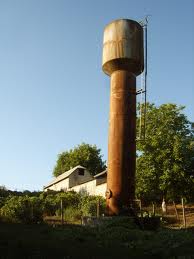 |
![]()
|
Readings: complete Thomas More, Utopia (1516); Walter Bellamy, Looking Backward through chapter 6 Discussion starter for Book Two of Utopia: Haylie Unger Discussion starter for Looking Backward, chapters 1-5: Dru Watkins Web review: Edward Bellamy sites on course webpage: instructor |
Today's
Agenda:--review
genres assignments motivating utopia: pageantry (2.40), spectacle, emulation discuss Utopia: Haylie [break] More historical background Bellamy web review discuss Looking Backward: Dru |
 |
More's Utopia: What problems with characterization does utopian fiction generate? Historical background: full title: Looking Backward, 2000-1887; late 19c context: "Gilded Age" Plutocracy, division of labor and capital; "Robber Barons"; rapid urbanization & rising immigration, surplus of workers; cultural change from "Anglo"-dominant North American society to more diverse Impact of Looking Backward: anticipates and influenced subsequent Progressive Era (progressive taxation, environmental and health regulations, worker protection); publishing sensation, discussion groups formed, sequels and fictional replies (as with Uncle Tom's Cabin) Discussion Questions: For midterm: What formal and historical resemblances between More's Utopia and Bellamy's Looking Backward?What balance of fictional entertainment and social instruction? What parts work best? What drives you crazy? What does the report leave out? Welcome to raise other questions. Students are often irritated by the book and esp. Dr. Leete--Why? Can such irritation serve a utopian purpose, or do we simply read it differently than 125 years ago? (gender, family). Is it interesting or only irritating to observe how our ideas of utopia have changed from Bellamy's? |
 |
![]()
|
Monday, 10 June Readings: Looking Backward (complete) +Thomas Friedman, "New economic model a must . . . " (handout) (See "utopian" reference at end; how are concerns utopian? Discussion starter: Katie Parnian Web review: 19th-Century American Utopias: Katie Raney Instructor's Presentation: Lois Lowry, The Giver (1993) (may relocate to Tuesday 14 June) |
Today's
Agenda: research posts disc: Katie Parnian utopian motives [break] web: Katie Raney Friedman handout preview Giver |
 |
Discussion Questions: Most of Looking Backward is descriptive dialogue, with a few scene-changes, but the climax of the novel twice-reverses the opening time-travel journey. How successful as fiction?--that is, reading for pleasure, not just instruction? (Also consider the love story in same terms) Like Utopia, Looking Backward is a "literary utopia" in that everyone reads for pleasure and improvement. How convincing? + How convincing are the descriptions of "Berrian's novels?" (chapter 15) How much do the arrangements for women sound utopian, or patronizing? Does a double standard continue, and how is it rationalized? |
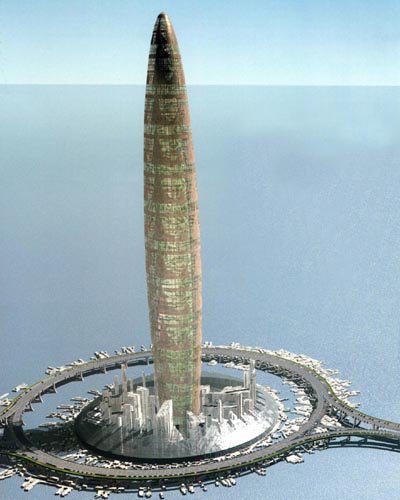 |
![]()
|
Tuesday, 11 June Readings: Herland (through ch. 5) Discussion starter: Nicole Wheatley Web review: Charlotte Perkins Gilman sites: Nicole Wheatley Web review: Jane Addams: instructor |
Today's
Agenda: continue Giver prsn Nicole: Herland discussion & Gilman Web Review [break] instructor: web review assignments 2nd research post deadline preview midterm |
 |
Discussion Questions: Describe Gilman's prose style--what advances in utopian fiction as fiction? How is Gilman's style still limited by utopian conventions in characterization, viewpoint? What advantages to telling the story from men's perspective? Satire? Ch.4 describes utopian literature--what misgivings? Compare "Berrian's novels" in Looking Backward |
 |
![]()
|
Thursday, 13 June Readings: Herland (complete) Discussion starter: Amy Shanks Web review: Ayn Rand biography, institutes, ideology: James Seth Instructor's Presentation: Marge Piercy, Woman on the Edge of Time |
Today's
Agenda: Gilman & Beecher family Research post update & topics Herland discussion: Amy Texts & textiles 1.46, 3.43, 3.88, 3.106, 9.54, 9.58, 9.66 utopian literature 4.69 Millennialism 5.60 utopian motives utopian love? 9.51 religion 5.96 [break] more research post topics? assignments web: James presentation |
 |
Discussion Questions: Continue questions above re style & genre. Men's defense of modern American economy is "Social Darwinism," in which an unregulated freemarket creates class struggle & "survival of the fittest"; on what differing view of nature does Herland's woman community create an orderly but egalitarian ecotopia? Note emphasis on education & childcare: why essential to utopia? What problems? Continue discussion of ecotopia and eco-feminism. Compare-contrast emphasis on "relatedness" to masculinity as Terry. What religious differences? How convincing are the domestic or sexual relations? Written in 1915, so what limits to representation? How different from Looking Backward? |
 |
![]()
| First research posting due weekend of 17-19 June |
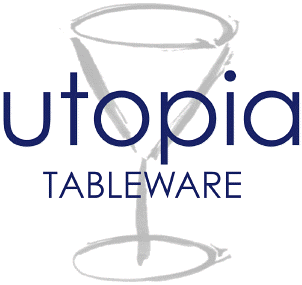 |
![]()
|
Monday, 17 June Readings: Anthem, through chapter VII Discussion starter: Patrick Locke Web review: Twin Oaks & Los Horcones: Chrissie Johnston Instructor's Presentation: (continue Woman on the Edge of Time) |
Today's
Agenda: research posts > confer women's retreats Literature of Ideas Anthem disc: Patrick [break] assignments Web: Chrissie Instructor prsn |
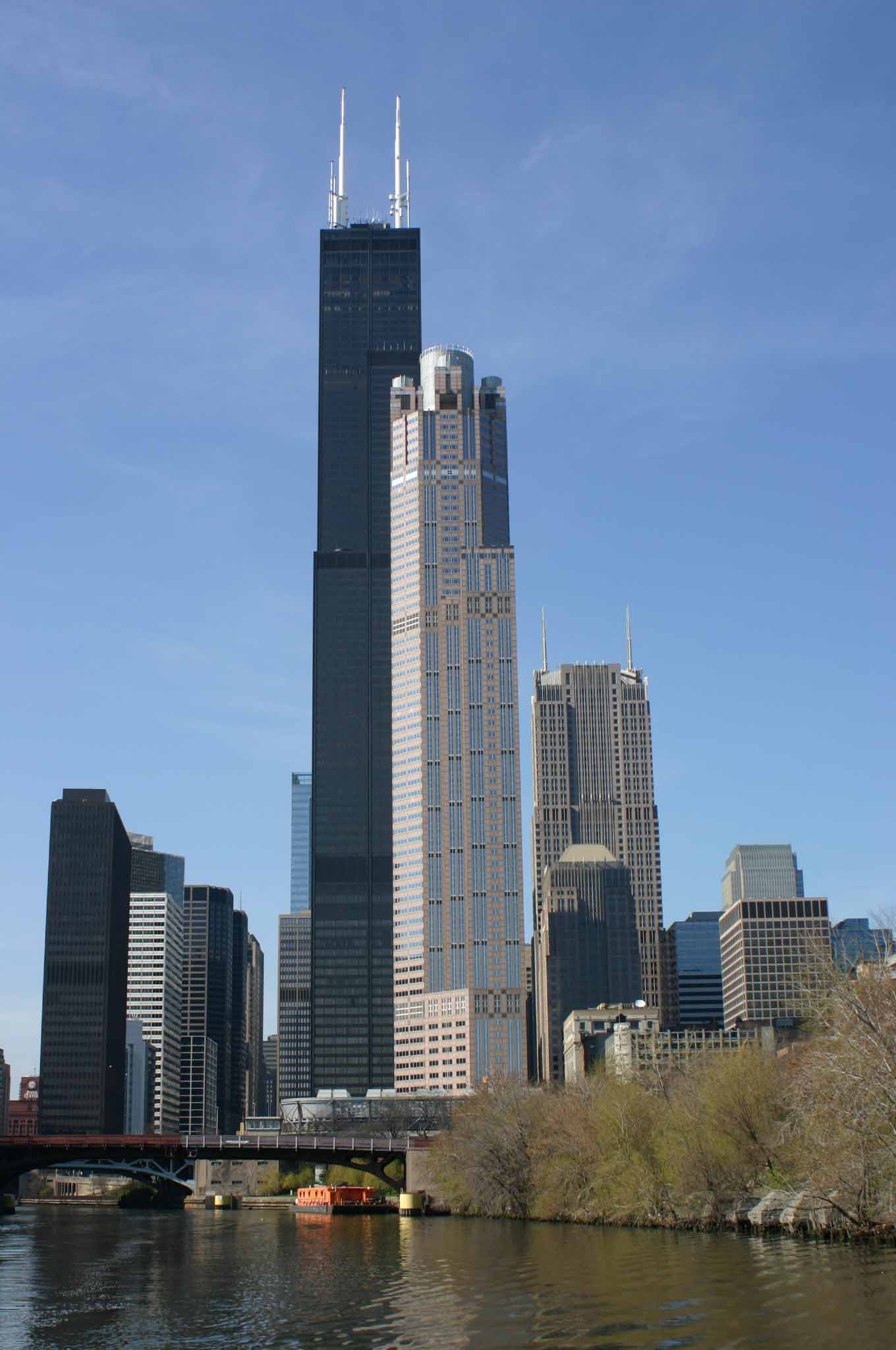 |
Discussion Questions:
compare / contrast Anthem to utopian texts What "readability" or "appeal" of dystopian over utopian texts? Also, Rand's style--how characterize? What do the utopias scant or blur that Rand develops? Resemblance to other dystopias or satirical utopias like Brave New World, Nineteen Eighty-Four, Animal Farm, Lord of the Flies Dystopia as "inversion" of utopia? (i. e., does dystopia simply turn utopia on its head, or inside out?) |
 |
![]()
|
Tuesday, 18 June Readings: Anthem (complete) Discussion starter(s): Do American curricula emphasize dystopias? + other topics: Jenna Zucha Hastings books site on Teen Dystopias + Meryl Bazaman on article re Rand & Christianity Web review: Suburbs as Utopia: Meryl Bazaman |
Today's
Agenda: midterm discussion: Jenna Anthem: millennium [1.9; 2.49 death of author 1.28-29, 1.36 review style: how describe? 1.32, 1.37, 4.1, 4.27 Meryl on Rand & X Web: suburbs = utopia? Question on Anthem & suburbia |
 |
Discussion Questions: Conclusion to Anthem: does it expose some upsides to utopia? How does Prometheus's new home resemble modern suburbia? How would you like Prometheus for a neighbor? How rationalize “I” always being “he”? Is Golden One/Gaea a real character or more like a mythic symbol. Since Anthem is a woman-authored text, how deal with masculine privilege and womanly devotion? Is "Man" for humanity a period-style, or does it really mean man? Why do Americans and American schools emphasize dystopias or satirical utopias? See Laura Miller, "Fresh Hell: What's behind the boom in dystopian fiction for young readers?" |
 |
![]()
| Thursday, 20 June: midterm assignment |
![]()
|
Monday, 24 June Readings: selections from Genesis, the Book of Acts, and Revelation Plato’s Republic & USA founding documents Adam Smith's The Wealth of Nations Discussion starter: Katie Raney (2-3 texts?) Web review: Jehovah’s Witnesses, Seventh-Day Adventists: Katie Parnian Instructor's Presentation: Ursula K. Le Guin, The Dispossessed: An Ambiguous Utopia (1974)--guest presentation by William Boatman of Neumann Library |
Today's
Agenda: midterms, preview session, final Dispossessed presentation Plato's Republic [break] Discussion: Katie Raney [break] assignments Web: Katie Parnian |
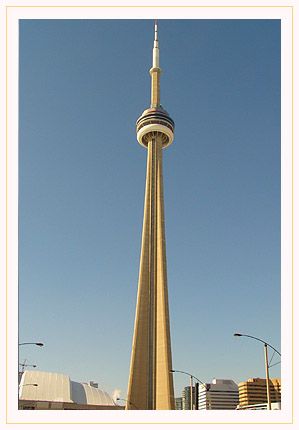 |
Discussion Questions:
Overall, how much of a stretch to study these texts as
"utopian/dystopian?" What happens to these terms? (Literary >
political?) Utopia as past or lost Eden / Golden Age Sources of archetype? Is Utopia futuristic or reactionary? "Founding documents" + Wealth of Nations: Utopian Collectives meet Capitalist Individuality-- where do they meet and conflict or exchange? Special topics for Genesis & Revelation What is the relationship of the Apocalypse in Revelation to the earlier utopia of Eden and the later utopia of Heaven? What exactly is utopian about Eden? How much does it begin to appear utopian upon its loss? What is dystopian about the world of Revelation? What is utopian about heaven? How much is revealed of either? (Issues of coding in apocalyptic narratives: symbols, allegories, etc.) |
 |
|
Tuesday, 25 June Readings: selections from African American slave narratives & Dr. King’s Dream Speech Discussion-starter: Chrissie Johnston Readings: Speech by Chief Seattle & "Messiah Letter" of Wovoka / Jack Wilson Discussion-starter: Sarah Coronado Web review: Kibbutzim of Israel: Patrick Locke |
Today's
Agenda: Web review: Katie research posts Founding documents Multiculturalism? King: Chrissie Slave narratives [break] Seattle & Wovoka: Sarah Web: Patrick Paradise |
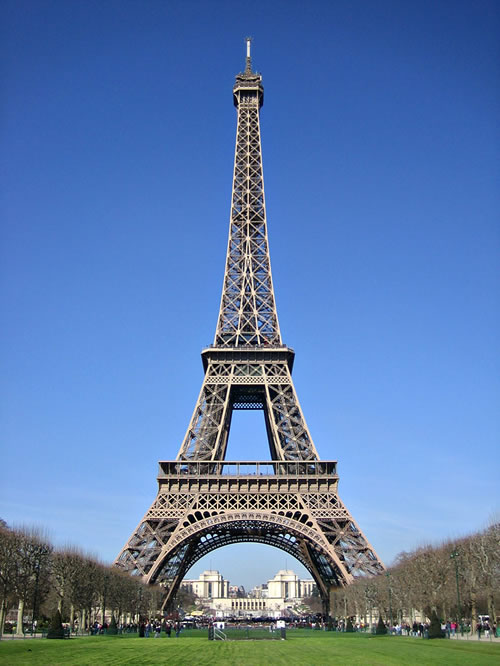 |
Objective 3i. Are utopias limited to Western Civilization, rationalism, and social engineering, or may they exemplify multiculturalism?
Why have utopian societies appeared so monocultural? Can this monoculturalism be defended as "Western Civilization?" How much have our utopias been conscious or unconscious of their homogeneity? Any counter-impulses? What about Western Civilization creates a utopian tradition? (monotheism, modernization, progress + stability, print literacy?) What issues in Old Canon-New Canon, Western Civ-Multiculturalism debates are relevant? Is utopia compatible with multiculturalism? Does inclusion or enlargement strain the concept? Flipping, is calling non-Western texts utopian simply a projection of Western values on others? What aspects of Western Civilization or dominant culture does utopia / dystopia expose? Should we be concerned about excluding non-western texts from field of utopian studies? African American slave narratives: Are the selections utopian, or just being pulled in for token representation? Native American apocalypse narratives: connect to ecotopia? Can millennialism (end-times) be a unifying factor? |
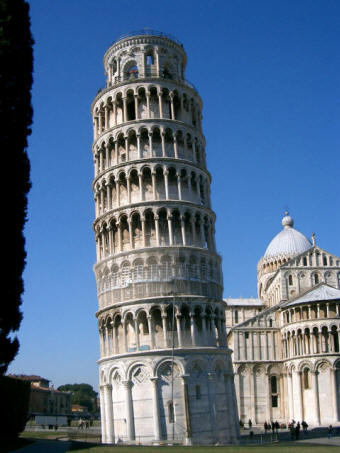 |
![]()
|
Thursday, 27 June Readings: Ernest Callenbach, Ecotopia (1976), at least through p. 66 (up to "Decline without Fall? The Ecotopian Population Challenge") Discussion starter: Dru Watkins Web review: Cyberpunk: Sarah Coronado Instructor's Presentation: Neal Stephenson's Snow Crash (1992); Dennis Danvers's Circuit of Heaven (1998) |
Today's
Agenda: Research post 2, final, assignments Paradise discussion: Dru [break + evaluations] web: Sarah brief presentation |
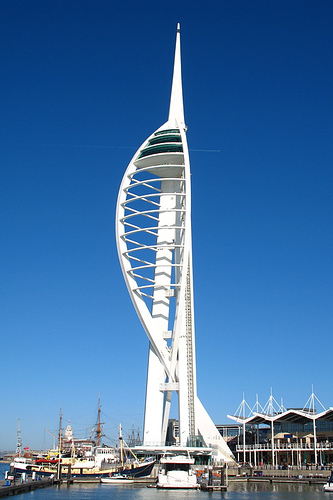 |
Discussion Questions:
At this late point in the seminar, how does Ecotopia immediately
connect to our other utopian texts as representatives of the same genre? (esp. course texts before midterm?) 1a. How to define the literary genre of “utopias?” What elements and difficulties repeatedly appear? What audiences are involved or excluded? 1b. What genres join with or branch from utopia? Examples: dystopia, ecotopia, Socratic dialogue, science fiction, fantasy, novel / romance, adventure / travel narrative, journalism, tract, propaganda, satire. Others? 1a. How to define the literary genre of “utopias?” What demarcations and difficulties repeatedly appear? how identify genre? How does Ecotopia immediately announce that it's in a tradition of literary utopias? How well does it work as entertaining fiction as opposed to didactic literature? |
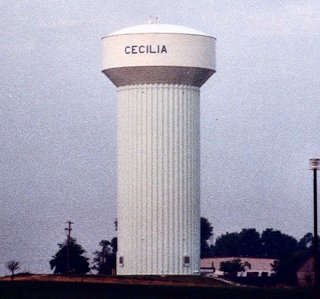 |
![]()
Second research posting due weekend of 30 June-4 July
![]()
| Monday,
1
July: (Dr. White's "personal day of mourning for the untimely and unfortunate break with our mother country") |
 |
![]()
| Tuesday,
2 July: final exam
(due by
. . . ) Readings: Ernest Callenbach, Ecotopia (1976), complete Discussion starter: Alicia Costello Web review: Auroville: Jenna Zucha Instructor's Presentation: B.F. Skinner, Walden Two (1948) + Authors' interview: Thaler & Sunstein, Nudge: Improving Decisions About Health, Wealth, and Happiness (2008) + Holmes on Willpower & Poverty |
Today's
Agenda: New Objective 3? Utopias list LITR 5831 fall final grade report discussion: Alicia [break] utopian fiction web: Jenna prsn: Walden Two utopian authors |
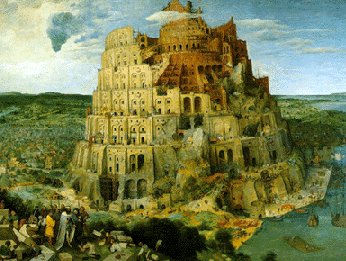 |
Discussion Questions: How does Ecotopia show datedness? What remains impressive? What surprises? How convincing is the sexual drive or realization at center of narrative and social structure? Does it help characterization, or is it just embarrassing and hippie? How does the utopian genre evolve? How well does Callenbach shift to and from reporting (instruction) & narrative (entertainment)? Compare overall narrative to conversion narrative. Compare to earlier utopian texts for character,
sexuality, narrative-dialogue mix.
|
 |
![]()
Thursday, 4 July: no meeting—Independence Day holiday
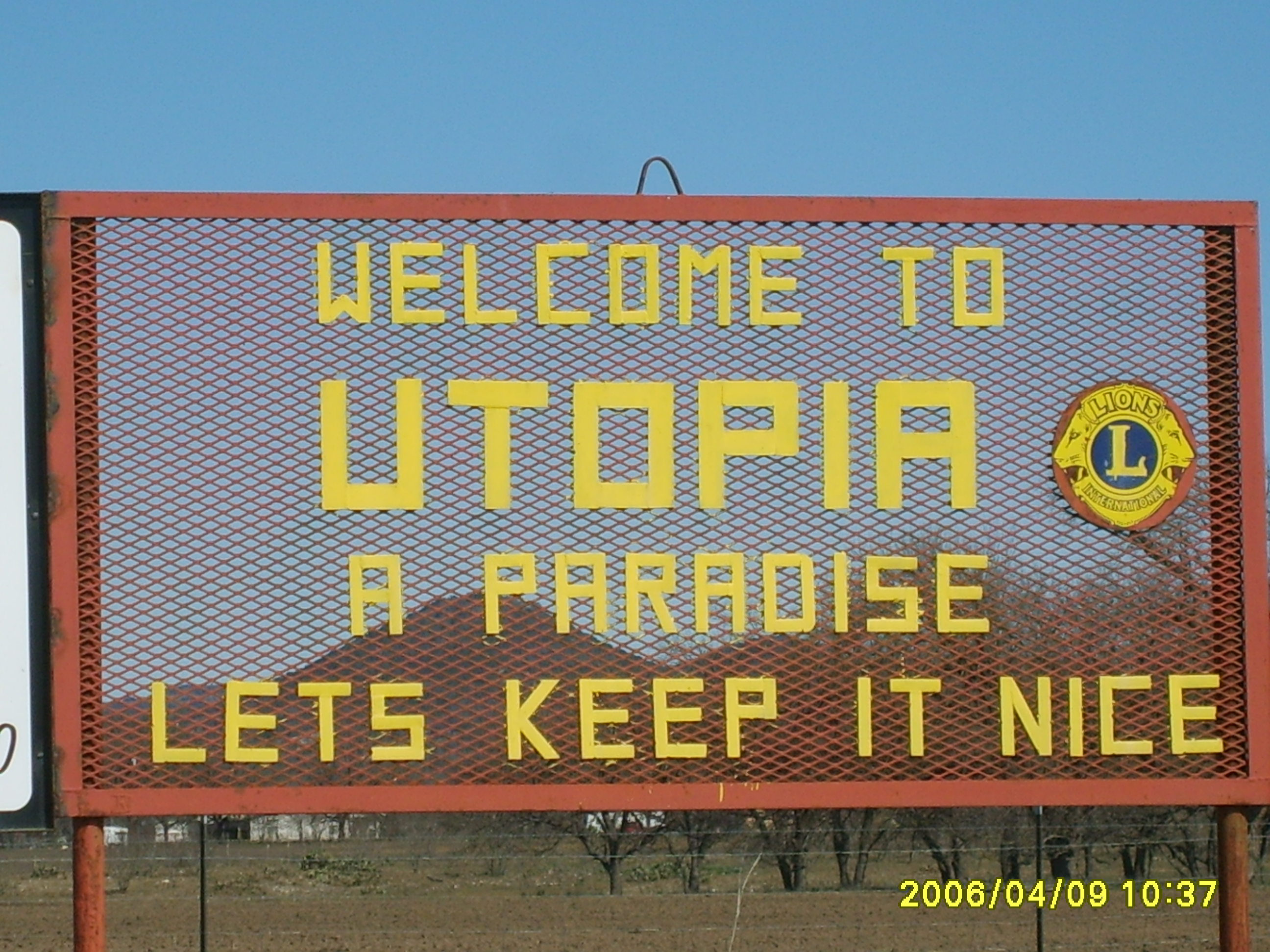 |
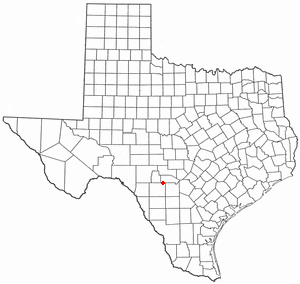 |
Utopia, Texas
(named in anticipation of a utopian project, cancelled after the failure of La Reunion near Dallas)
![]()
syllabus LITR 5733 Seminar in American Culture: Utopias (1995)
Our texts within Western and American history:
|
text |
historical period |
historical tradition / |
| More, Utopia (1516) | European Renaissance / Reformation; exploration & settlement of New World | America as site of Eden; communal Native America as precontact ecotopia |
| Bellamy, Looking Backward (1888) | late 19th century, "Gilded Age" | industrialization, urbanization, plutocracy of limited government, freemarket economics controlled by "Robber Barons" and "Captains of Industry"; gaps b/w rich and poor; high rates of immigration |
| Gilman, Herland (1915) | early 1900s, Progressive Era (associated with Pres. Theodore Roosevelt) | labor laws, scientific government and social work, woman's suffrage, environmental conservation and protection, industrial regulation; progressive income taxes |
| Rand, Anthem (1938) | mid-1900s, New Deal & Fair Deal (Franklin Roosevelt & Harry Truman) | peak of socialist-oriented government in USA; restricted immigration, government guarantees of social welfare (e. g., Social Security) + Cold War with negative totalitarian utopias of Soviet Union and Communist China |
| Callenbach, Ecotopia (1975) | 1960s-70s, liberal politics & social wealth (Civil Rights, Great Society safety net, war on poverty, hippies) | extension of New Deal to minorities; liberalization of immigration laws; peace movements; youth culture > adverse reaction by wealth & traditional values |
Yves Charles Zarka, "The Meaning of Utopia" 2011
Rachel Monroe, "I worked hard for no pay — and I dug it" (report on Twin Oaks commune)
Michael Lind,
"Stop Pretending Cyberspace Exists," Salon.Com 12 Fe



